Tabcorp investors want board to spin out lotteries as private equity and Matthew Tripp circle
Shares in the wagering giant surged following revelations of private equity interest, as shareholders called on Tabcorp to separate its lotteries arm.

Large Tabcorp shareholders have demanded management consider a demerger of its lotteries business or risk private equity doing the job instead and shareholders miss out on the upside of a division that could be worth more than $10bn on its own.
Revelations by The Weekend Australian on Friday of private equity interest in Tabcorp and the involvement of digital wagering pioneer Matthew Tripp, the former boss of Sportsbet and BetEasy, in potential bids turbocharged the Tabcorp share price, adding $1.2bn to the gaming company’s valuation and sparking calls by shareholders for the lotteries spin-out.
Tabcorp shares rose as much as 16 per cent during the day’s trade, eventually ending up 15.8 per cent at $4.10, their highest level reached since late February.
Investors told The Weekend Australian that private equity interest in Tabcorp showed that the company needed to find a strategy to extract greater value for shareholders, with the need to separate lotteries from the underperforming wagering arm a pressing priority.
Tabcorp is widely known for its TAB wagering brand, but since its $11bn merger with Tatts Group four years ago the Tatts lottery business has emerged as the biggest earner for the group.
Lotteries more than doubled the pre-tax earnings of wagering in 2020, as the latter suffered a retail shutdown due to COVID-19 and strong competition from more digitally savvy online bookmakers such as market leader Sportsbet.
Prominent investor John Wylie of investment firm Tanarra Capital, a top 10 Tabcorp shareholder, told The Weekend Australian he supported the view that the lotteries division should be spun out, describing it as “a powerhouse that has powered on through COVID-19”.
“The lotteries business is a fantastic business so they can realise a lot of the premium they could get from a [takeover] offer by demerging that business and letting it trade on its own,” Mr Wylie said.
Another shareholder said a demerged lotteries business could trade on an earnings multiple of 17.5-20 times such was its attraction to investors, implying a value of $9.5bn-$10.8bn or more than Tabcorp is worth as an entity now.
Tabcorp’s market capitalisation stood at $9.1bn on Friday, implying the wagering division that sports the well-known TAB brand has little or no financial value.
Tabcorp shareholder Anton Tagliaferro, the investment director of Investors Mutual, which controls about 3 per cent of Tabcorp’s shares, said he was also a strong supporter of a move to extract lotteries from the rest of the company.
“Given the Tabcorp share price, we think the lotteries business is undervalued if you compare it to the levels of similar businesses trading overseas,” Mr Tagliaferro said. “So I think shareholders have been pushing for a while for [a spin-off].”
Mr Tagliaferro wrote to Tabcorp earlier this year agitating for boardroom change. He said he was keen for Tabcorp to get moving on finding a new CEO to replace David Attenborough, who is slated to leave early next year, act on a mooted cost-saving program and investigate spinning out the lotteries arm.
“I would expect these private equity rumours to accelerate some of those moves,” he said.
Tabcorp played down the news on Friday, telling the ASX it was “not aware of, and has not received, any proposal in respect of the company or its businesses”.
But Mr Tagliaferro said it was questionable whether the $11bn merger between Tabcorp and Tatts Group in 2016 that combined their respective wagering arms with the Tatts lotteries business had been good value for shareholders.
Gabriel Radzyminski, the managing director of activist investor Sandon Capital, a small Tabcorp shareholder, as a Tatts investor had opposed the merger.
He described the troubles in Tabcorp’s wagering arm as “pretty serious and structural and had not been solved by putting the two businesses together”, while calling on Tabcorp management to make its own move to find value in the lotteries arm.
“What would be a real shame is if the company think it is too hard to do and sell out to private equity, which would then go on and do that job for them,” Mr Radzyminski said. “There is no reason the Tabcorp board can’t decide and execute a split of those businesses themselves.”


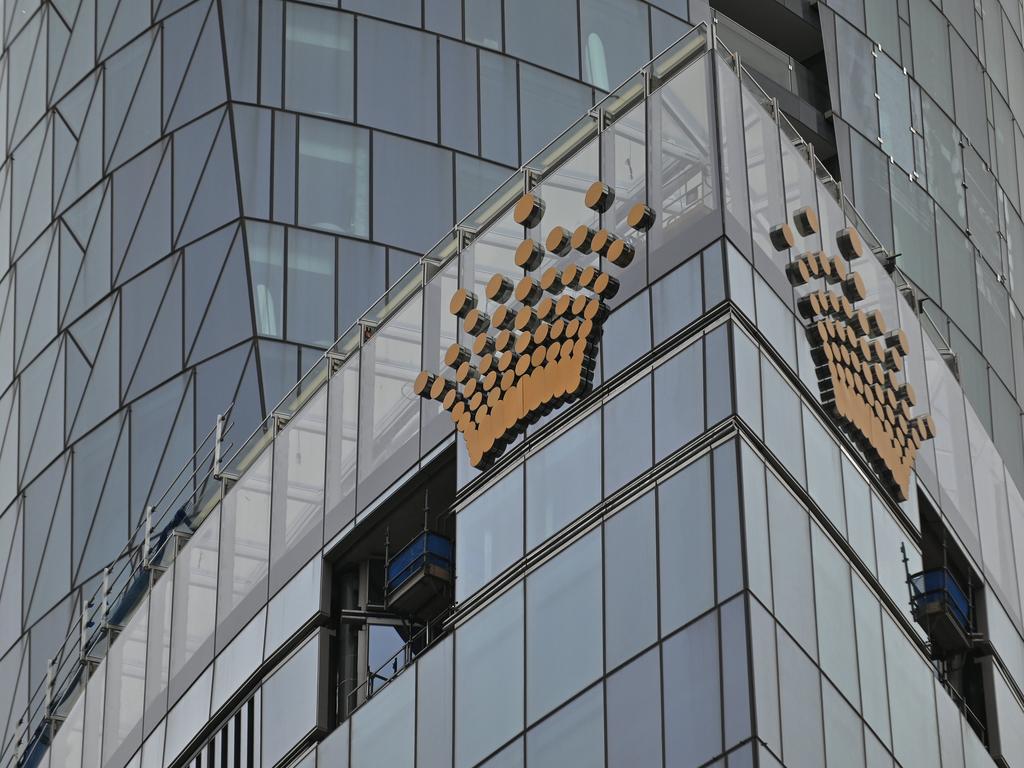
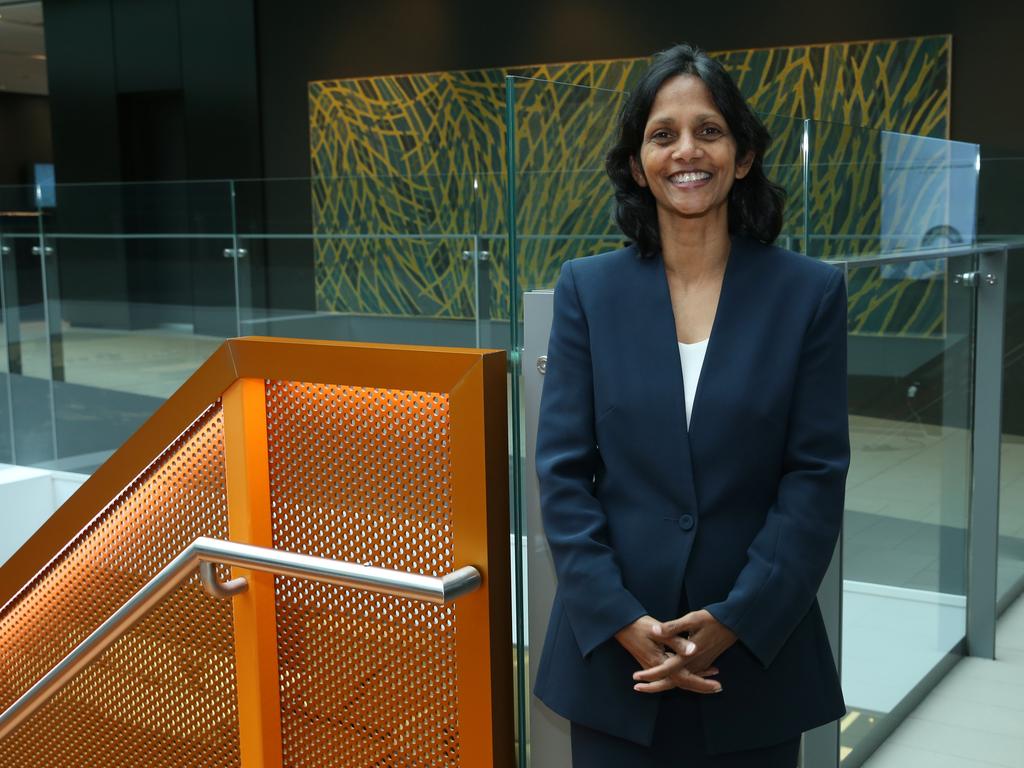
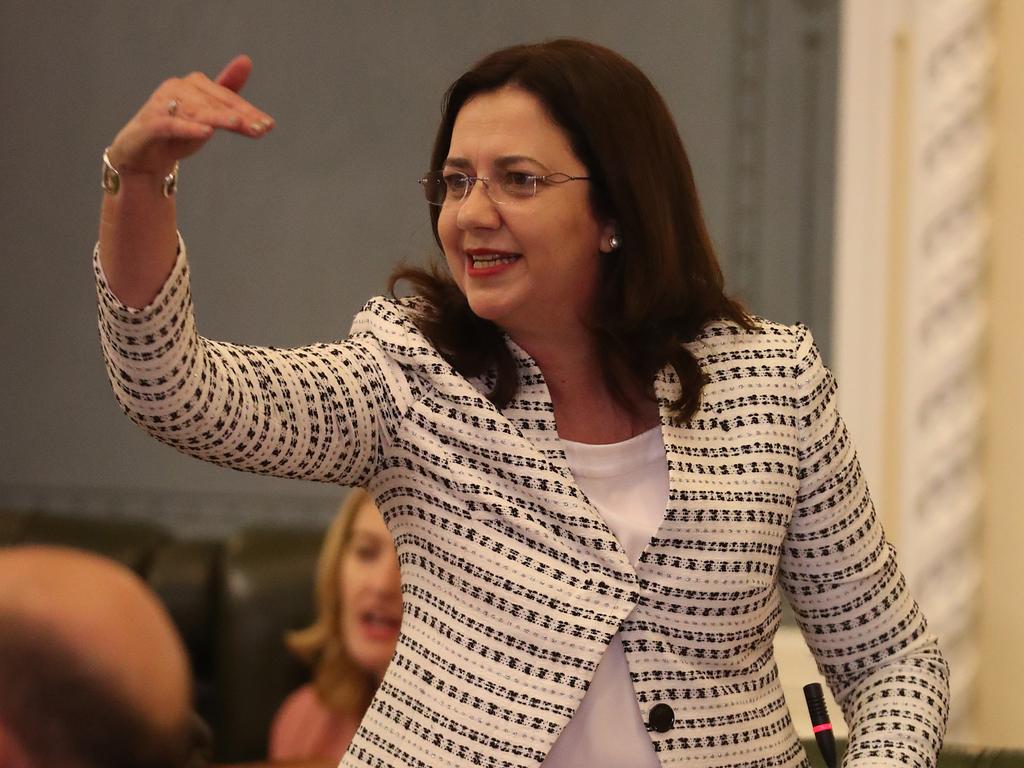
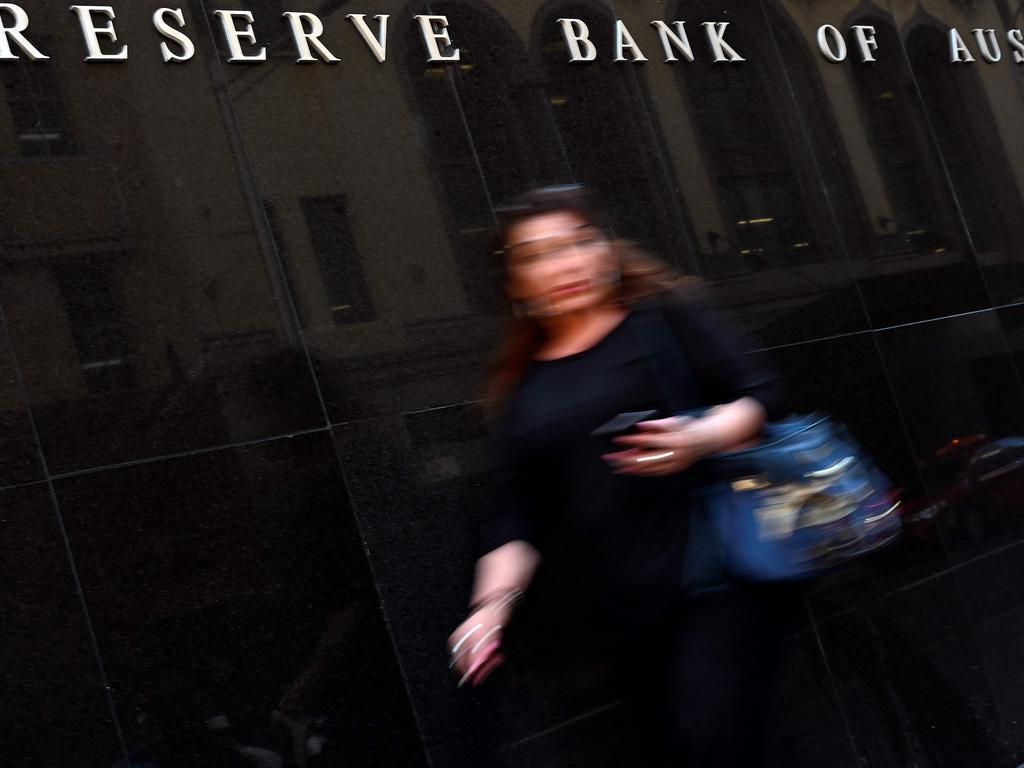
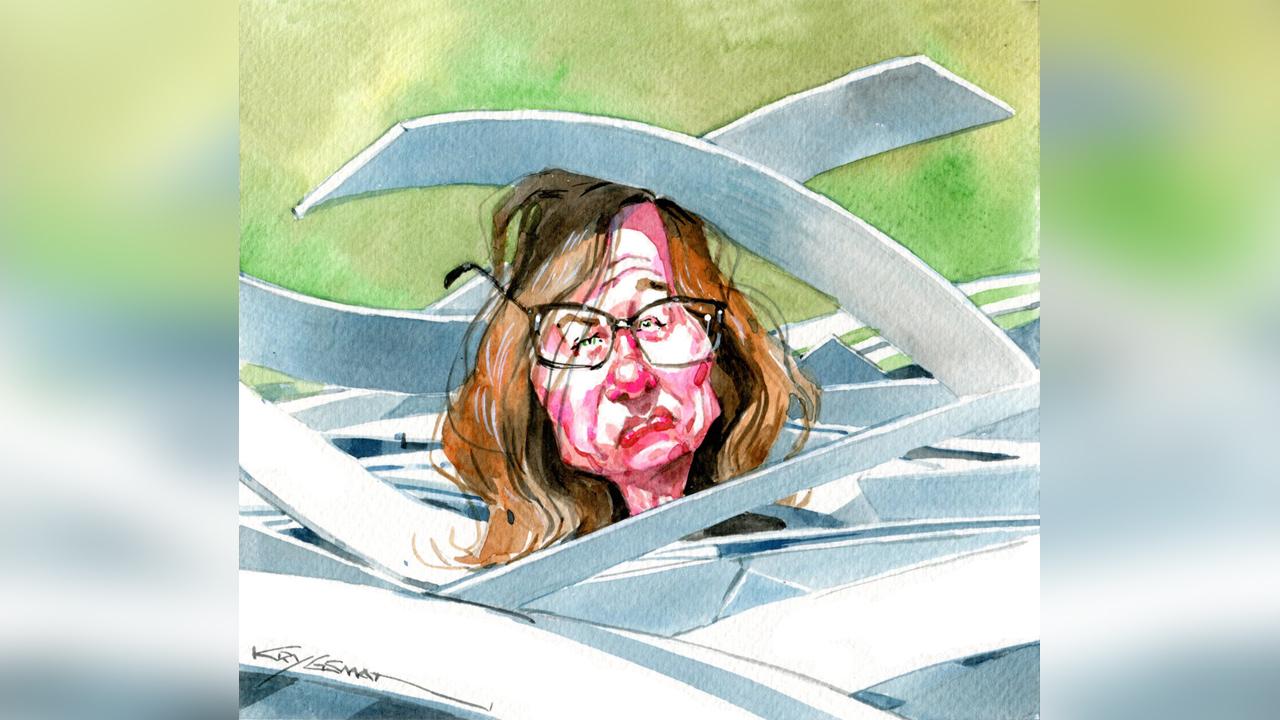

To join the conversation, please log in. Don't have an account? Register
Join the conversation, you are commenting as Logout